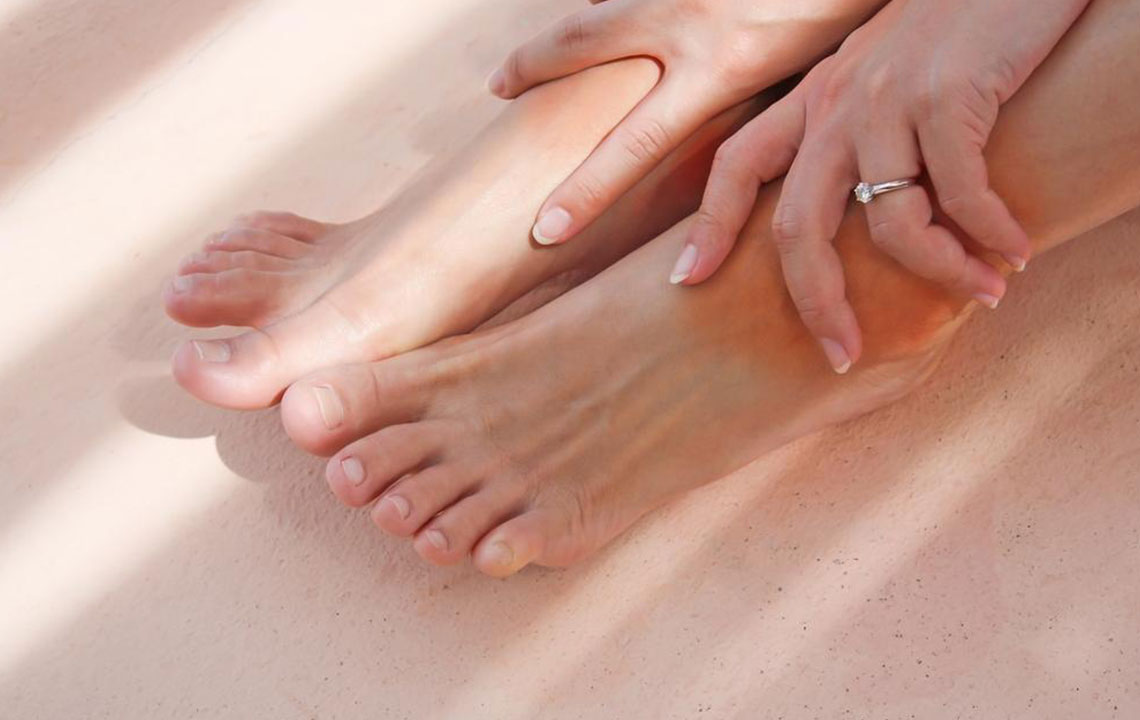Effective Strategies to Alleviate Back Nerve Discomfort
Discover practical methods to reduce back nerve pain, including exercise, stretching, and medical treatments. This article offers valuable tips to alleviate discomfort and promote nerve recovery, emphasizing the importance of professional guidance and lifestyle adjustments for long-term relief.
Sponsored

Back nerve discomfort can be intense, causing significant distress and affecting daily routines. Addressing this pain often requires professional medical intervention.
Identifying the exact source of nerve pain can be tricky, as various factors may contribute. Trauma such as improper lifting, falls, poor sleeping positions, or medical conditions like diabetes or nerve damage can all play a role. Regardless of the cause, the pain can persist for weeks or even months.
Back nerve pain is categorized into three main types:
Axial pain: A constant or fluctuating ache, either sharp or dull, often caused by muscle strain or mechanical issues.
Referred pain: A dull, shifting pain that affects areas like hips and thighs, common in conditions like degenerative disc disease.
Radicular pain: A deep, burning sensation along nerve pathways, radiating to limbs and possibly accompanied by numbness or weakness, as seen in sciatica.
Medical treatment can help improve nerve pain; doctors often recommend medications like muscle relaxants or NSAIDs. However, persistent nerve pain may benefit from alternative therapies to alleviate discomfort.
Tips for managing back nerve pain
Engage in regular walking and exercise : Gentle movement stimulates endorphin production, boosts blood flow, and promotes nerve healing. Start with daily walks, gradually increasing speed and duration.
Incorporate stretching exercises : Stretching relaxes tense muscles, reducing pain cycles caused by involuntary muscle contractions. Combine stretches with deep breathing to energize muscles and improve relaxation.
Manage blood sugar levels : For diabetics, controlling blood glucose is vital in reducing nerve-related pain and preventing further nerve damage.
In addition to self-care, consulting healthcare professionals specializing in spinal health and pain management can accelerate recovery and provide comprehensive relief options.






